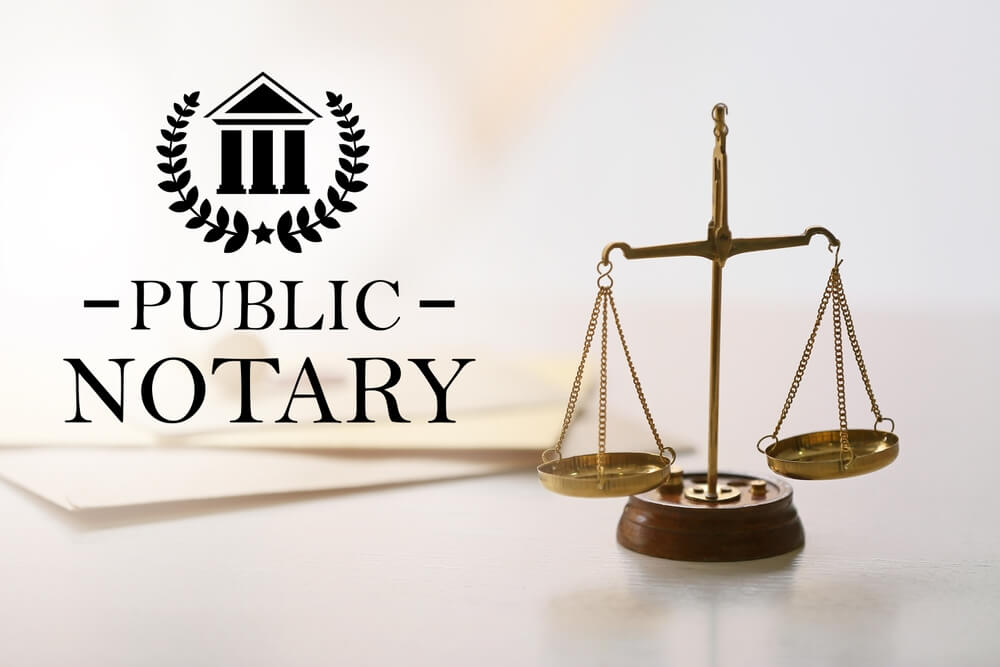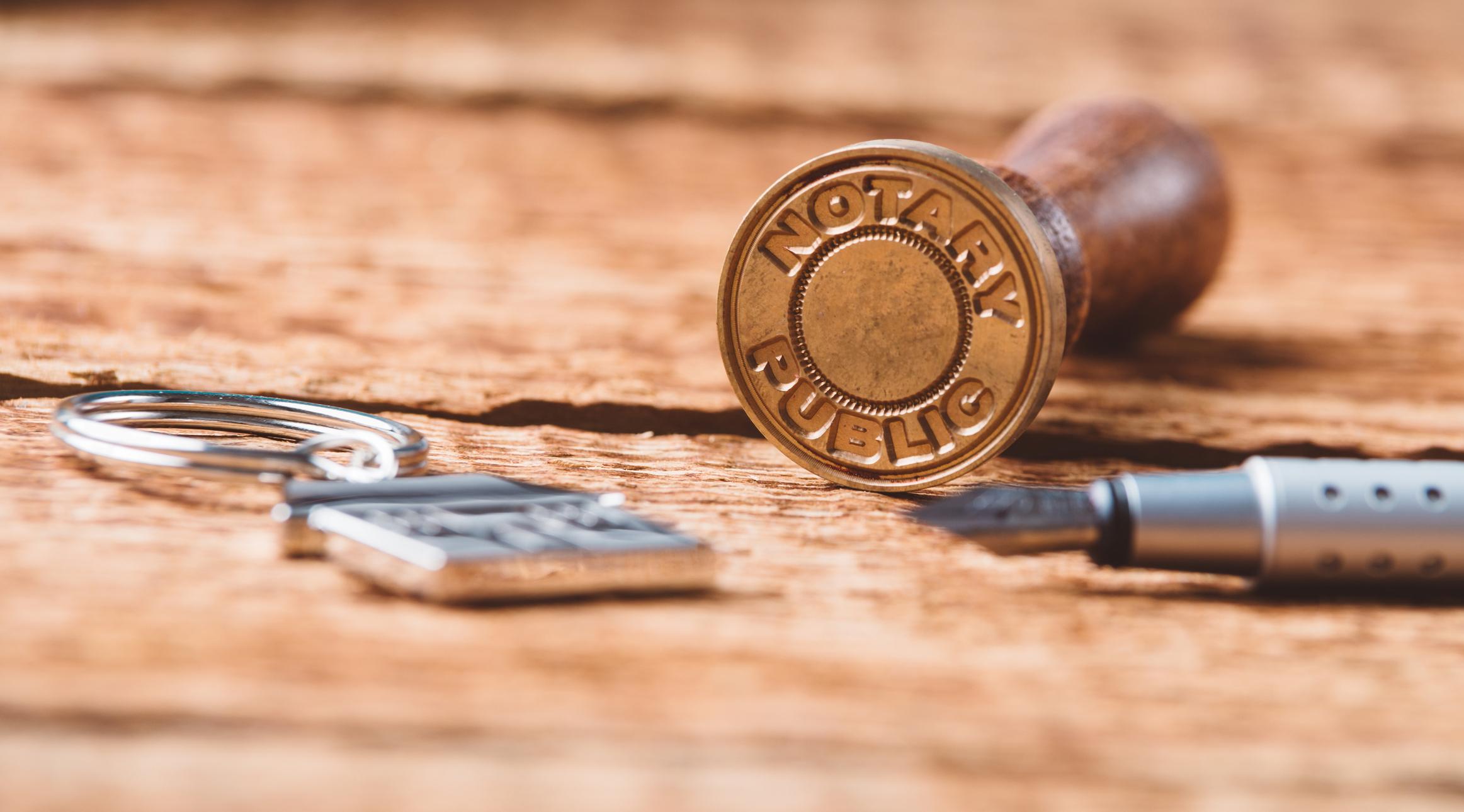Skilled Conveyancer: Facilitating Smooth Real Estate Transactions
Skilled Conveyancer: Facilitating Smooth Real Estate Transactions
Blog Article
Demystifying Notarial Job: Streamlining the Function and Significance of Notaries
In the complex internet of lawful documents and verification, notaries stand as pillars of assurance and authenticity. Their role, usually shrouded in secret for many, carries substantial weight in making certain the credibility and stability of important papers. As guardians of legality and reality, notaries play an essential part in our society, yet their job is not constantly completely recognized. By untangling the intricacies bordering notarial techniques and dropping light on the importance of their acts, a more clear understanding arises of the vital role notaries play in maintaining the textile of legal and legal contracts.
The History of Notarial Job
The history of notarial job dates back to old civilizations, where scribes played a vital duty in recording essential information and verifying files. This led to the growth of notaries, people assigned by the state to act as impartial witnesses in legal issues.
Throughout the Center Ages, notaries acquired importance in Europe, with their features broadening to include drafting legal files, accrediting signatures, and preserving records. The surge of global profession better emphasized the relevance of notarial work in validating agreements and agreements throughout borders.
In the contemporary period, notaries remain to play an important function in legal and organization transactions by validating identities, confirming the credibility of papers, and avoiding scams. Their duty in licensing the legitimacy of agreements adds a layer of security and depend on to the ever-evolving landscape of commerce and law.

Tasks and Duties of Notaries
Notaries play an important function in verifying the credibility of records and the identification of signatures. One of their key responsibilities is to witness the finalizing of important files, such as contracts, wills, and acts, to make sure that all celebrations are getting in into contracts knowingly and voluntarily.
In addition, notaries are charged with providing affirmations and vows, which are important in legal procedures and the execution of sworn statements. They license copies of initial documents, providing assurance to establishments that the copies are real replicas of the originals. Notaries should preserve accurate documents of all deals they supervise to make sure openness and liability. On the whole, the responsibilities and duties of notaries are crucial in securing the stability and legality of different papers and purchases.
Notarial Certificates and Signatures
Exhibiting careful interest to detail, notarial certifications and trademarks act as essential elements in verifying the authenticity of legal documents. Notarial certifications normally have critical information such as the date of notarization, the names of the signatories, a description of the paper, and the notary's main seal. These certificates supply a clear record of the notarial act, guaranteeing that the record can be conveniently recognized and traced back to the notary who oversaw the process.
Trademarks play a critical function in notarial work, as they symbolize the arrangement and approval of the parties involved. Notaries carefully witness the signing of documents to confirm the identification of the signatories and confirm that they are signing of their very own free will. By attaching their official seal and trademark to the record, notaries certify that the required procedures have actually been adhered to which the document is enforceable and valid.
Fundamentally, notarial certificates and signatures are the characteristic of authenticity in lawful transactions, offering assurance to all parties involved that the documents are genuine and binding.
Value of Notarial Acts

Notarization Refine Explained
Explaining the registration procedure supplies clearness on the necessary actions included in verifying lawful records. The notarization process typically starts with the individual presenting the paper to a notary public. The notary then confirms the endorser's identity via acceptable identification methods. Once the identity is validated, the notary guarantees that site the specific authorizing the file does so voluntarily and without any kind of threat.
Verdict

Notarial certifications typically contain critical details such as the day of registration, the names of the notaries, a summary of the paper, and the notary's official seal. These certifications offer a clear record of the notarial act, making sure that the document can be conveniently recognized and traced back to the notary who supervised the process.
By attaching their official seal and trademark to the document, notaries certify that the necessary treatments have been complied with and that the file is enforceable and valid.
By verifying the identity of the notaries, validating their willingness to get in right into the arrangement, and certifying the day and area of the signing, notaries play a critical function in maintaining the credibility of lawful documents.After the paper is authorized, you can find out more the notary will attach their main seal or stamp onto the file.
Report this page